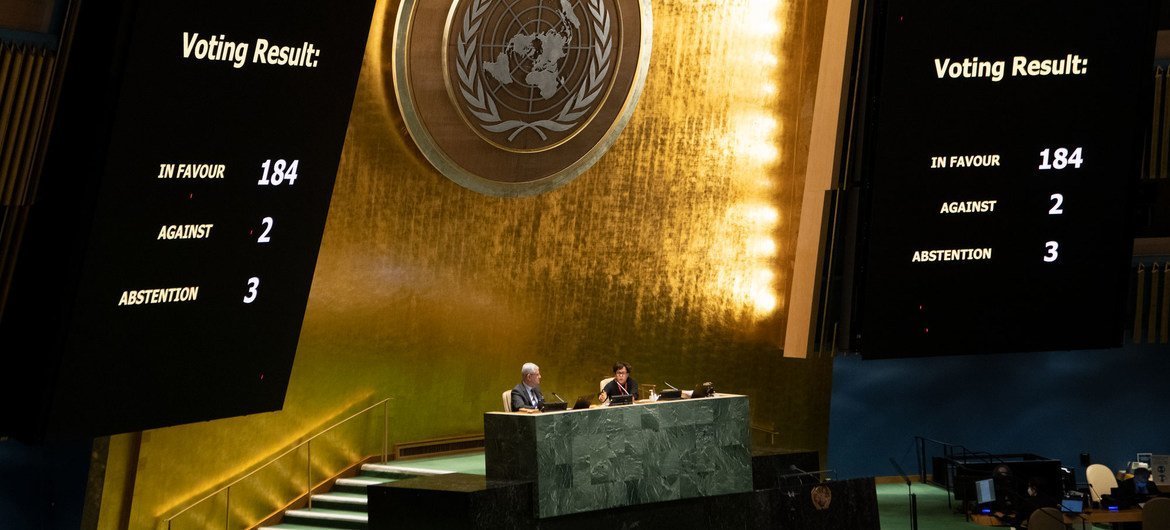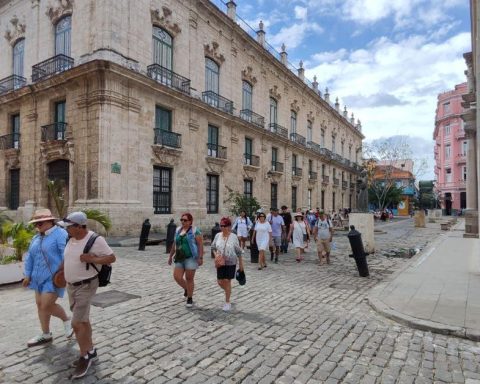The UN General Assembly agreed this Wednesday, at the request of Cuba, to resume the calendar for the presentation of its resolution against the embargo that the United States applies to the island, for which the vote on the document will take place again in October or November, a time in which it had been traditionally approached.
Last year, the resolution entitled “Need to end the economic, commercial and financial blockade imposed by the United States of America against Cuba” was approved in June, after not having been voted on in 2020 as a result of the COVID-19 pandemic.
Decision approved today #UNGAwithout a vote, at the proposal of our country, will allow us to resume in 2022 the traditional calendar for the presentation of the annual Cuban resolution that demands the end of the blockade imposed by the United States against #Cuba.
1/2https://t.co/YuuNWYs9hQ– Bruno Rodríguez P (@BrunoRguezP) May 11, 2022
In a note published on the website of the Ministry of Foreign Affairs of Cuba (Minrex), it is emphasized that “the issue of the United States blockade against Cuba is now formally inscribed in the provisional agenda of the 77th regular session of the General Assembly of the United Nations, which begins in September 2022 and extends until the same month of 2023”
Since 1992, the Government of Havana annually promotes this resolution to demand the end of the US embargo, a text that always goes ahead with overwhelming support, but that is not binding.
Last year the text obtained 184 votes in favor and only two against (the United States and Israel), while three nations abstained (Colombia, Ukraine and the United Arab Emirates).
This vote was the first with Democrat Joe Biden at the head of the US government, but this did not change Washington’s negative vote.
Cuba postpones resolution against the US blockade until 2021
In 2016, with the administration of Barack Obama (2009-2017), in which Biden was vice president, the US abstained for the first time, allowing the text to go ahead without opposition at a time of rapprochement with Havana.
After Donald Trump came to power (2017-2021), the US returned to its traditional rejection of this resolution, which for now Biden has chosen to maintain.
Efe/OnCuba.
















